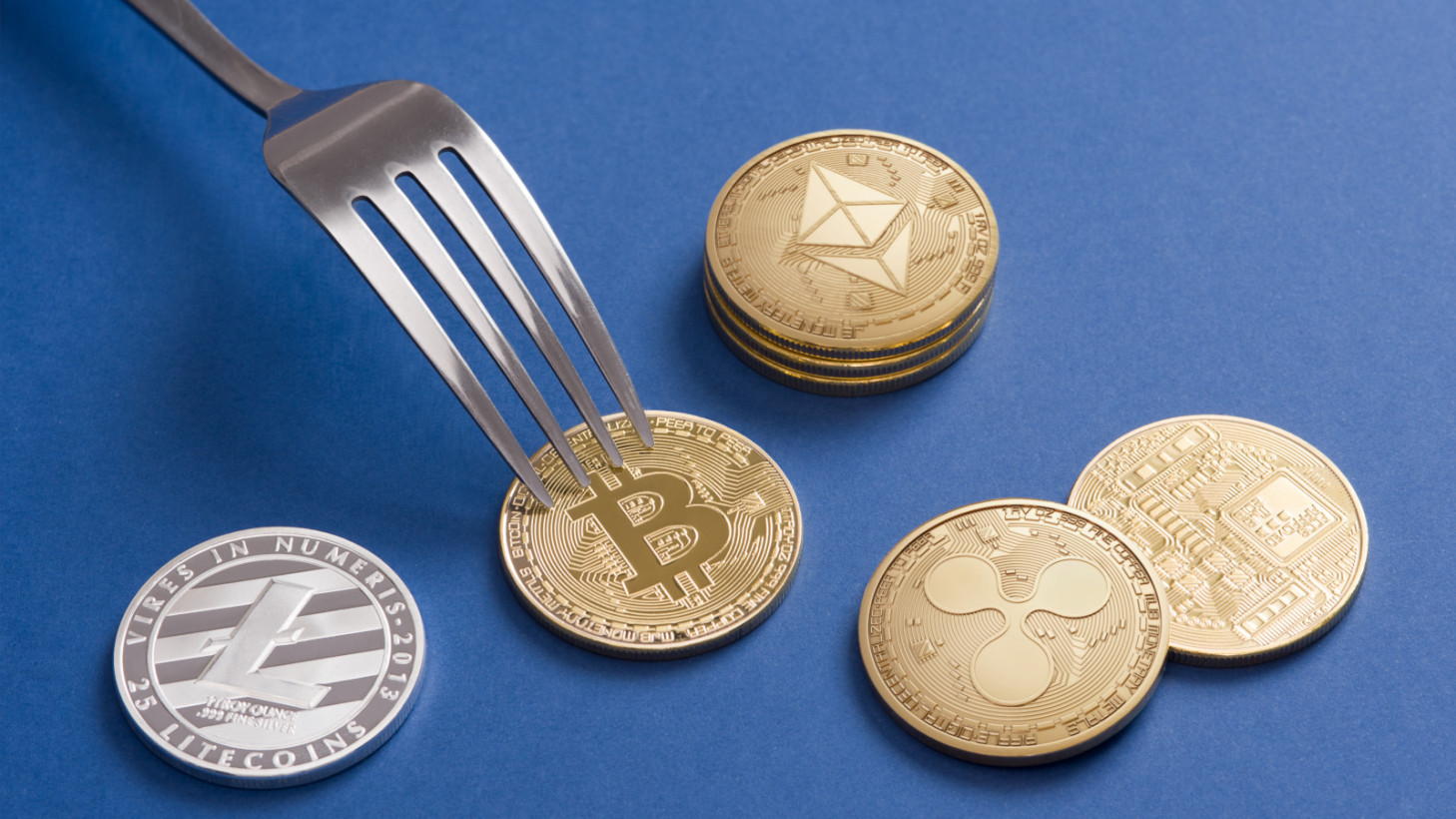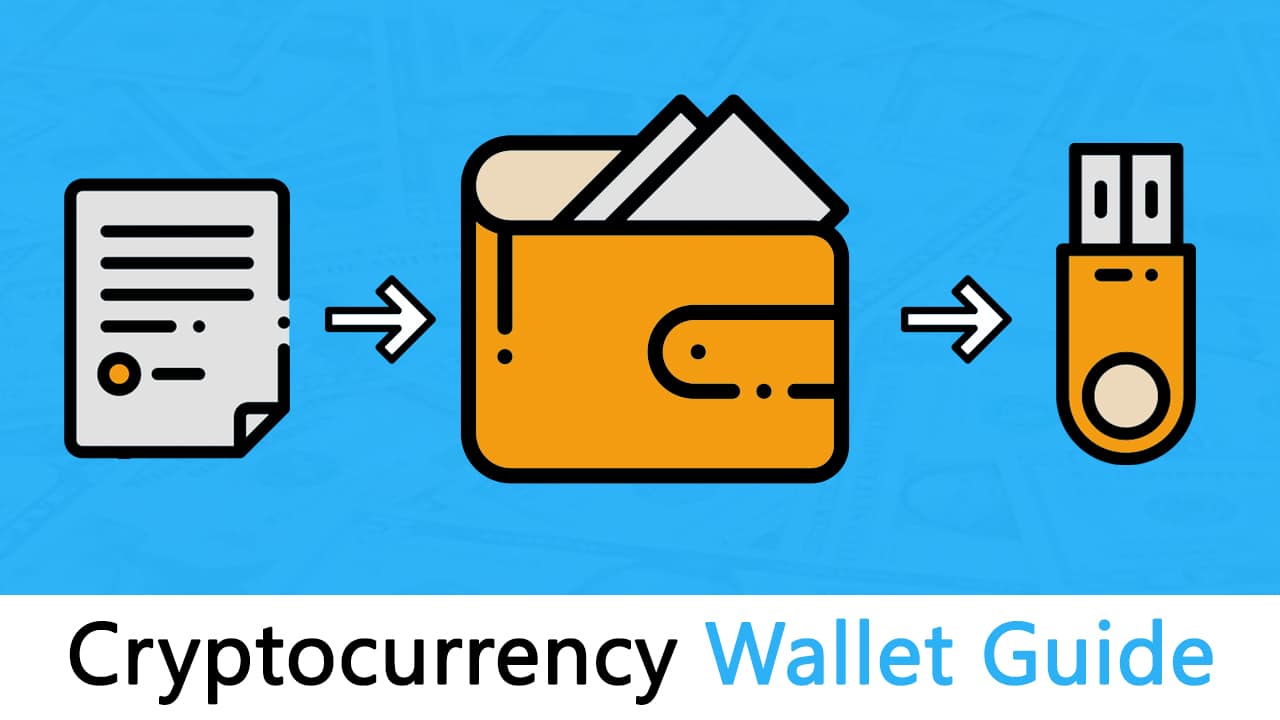How do I Choose a Reliable Cryptocurrency Exchange
Binance is one of the largest and most popular cryptocurrency exchange globally, known for its extensive range of supported cryptocurrencies

In the ever-evolving landscape of cryptocurrency, choosing the right exchange is akin to selecting the right ship for a voyage. Your choice can make all the difference between a smooth journey and navigating treacherous waters. With hundreds of cryptocurrency exchanges available today, each with its unique features and offerings, finding a reliable and secure platform is paramount. In this comprehensive guide, we will chart the course to help you choose a cryptocurrency exchange that aligns with your needs and safeguards your digital assets.
Cryptocurrencies have revolutionized finance, offering new avenues for investment and financial freedom. As the popularity of digital currencies continues to soar, the importance of choosing a reliable cryptocurrency exchange cannot be overstated. This guide will provide you with the knowledge and tools to make an informed decision when selecting an exchange.
Understanding Cryptocurrency Exchange
What is a Cryptocurrency Exchange?
A cryptocurrency exchange is a digital platform that allows users to buy, sell, and trade cryptocurrencies. These exchanges serve as intermediaries, matching buyers and sellers and facilitating transactions. They are pivotal in the world of cryptocurrencies, providing liquidity and accessibility to a global user base.
Types of Cryptocurrency Exchange
There are several types of cryptocurrency exchanges:
- Centralized Exchanges (CEXs): These are traditional exchanges where users deposit funds, and the exchange acts as a custodian. Examples include Binance and Coinbase.
- Decentralized Exchanges (DEXs): DEXs operate without a central authority and enable peer-to-peer trading directly from users' wallets. Uniswap and SushiSwap are examples of DEXs.
- Hybrid Exchanges: These platforms combine elements of both centralized and decentralized exchanges.
Factors to Consider When Choosing an Cryptocurrency Exchange
Security Measures
Security is paramount when selecting an exchange. Look for platforms that employ robust security measures, such as cold storage for funds, regular security audits, and two-factor authentication (2FA) for user accounts.
Reputation and Trustworthiness
Research the exchange's reputation by reading user reviews and checking if it has a history of security breaches or unethical practices. Choose exchanges with a track record of trustworthiness.
Supported Cryptocurrency exchange
Ensure that the exchange supports the cryptocurrencies you intend to trade. Not all exchanges offer the same range of digital assets.
User-Friendly Interface
A user-friendly interface is crucial, especially for newcomers. A well-designed platform makes trading and managing your assets more accessible.
Fees and Costs
Examine the fee structure of the exchange. Be aware of trading fees, withdrawal fees, and any other costs associated with using the platform.
Liquidity
Higher liquidity often results in better prices and faster execution of trades. Consider the trading volume of the exchange and whether it matches your trading needs.
Customer Support
Good customer support can be a lifesaver if you encounter issues with your account or transactions. Check if the exchange offers responsive customer support channels.
Regulatory Compliance
Ensure that the exchange complies with relevant regulations in your jurisdiction. Regulatory compliance is a sign of a legitimate and accountable exchange.
Popular Cryptocurrency Exchange
Binance
Binance is one of the largest and most popular cryptocurrency exchanges globally, known for its extensive range of supported cryptocurrencies and competitive fees.
Coinbase
Coinbase is a user-friendly exchange that caters to beginners. It's highly reputable and often considered a gateway to the world of cryptocurrencies.
Kraken
Kraken is known for its strong security features and diverse cryptocurrency offerings. It's favored by experienced traders.
Bitstamp
Bitstamp is one of the oldest exchanges, known for its reliability and regulatory compliance. It's a preferred choice for European users.
Gemini Cryptocurrency
Gemini is a U.S.-based exchange known for its strong security and regulatory compliance. It's trusted by institutional investors.
Creating an Cryptocurrency exchange Account and Getting Started
To get started with a cryptocurrency exchange, you'll typically need to:
- Sign up for an account.
- Complete identity verification (KYC).
- Deposit funds into your exchange wallet.
- Familiarize yourself with the exchange interface.
Security Measures for Your Exchange Account
Two-Factor Authentication (2FA)
Enable 2FA to add an extra layer of security to your account. This typically involves a one-time code sent to your mobile device.
Cold Storage Cryptocurrency exchange
Consider using a hardware wallet for long-term storage of your cryptocurrencies. These wallets are not connected to the internet, making them less vulnerable to hacks.
Whitelisting Addresses
Some exchanges allow you to whitelist withdrawal addresses. This means that funds can only be withdrawn to pre-approved wallet addresses, adding an extra layer of security.
Making Your First Trade
Once your account is set up and funded, you can start trading. Start small and familiarize yourself with the trading process. Use limit orders to specify the price at which you want to buy or sell.
Common Pitfalls to Avoid
- Falling for phishing scams.
- Neglecting to do thorough research on the exchange.
- Overtrading or investing more than you can afford to lose.
- Ignoring security practices like 2FA and cold storage.
Choosing a reliable cryptocurrency exchange is a crucial step in your crypto journey. By considering factors such as security, reputation, fees, and usability, you can find an exchange that aligns with your needs and ensures the safety of your digital assets. Remember to stay informed, practice good security measures, and start with small trades as you navigate the exciting world of cryptocurrency exchanges.
What's Your Reaction?
















